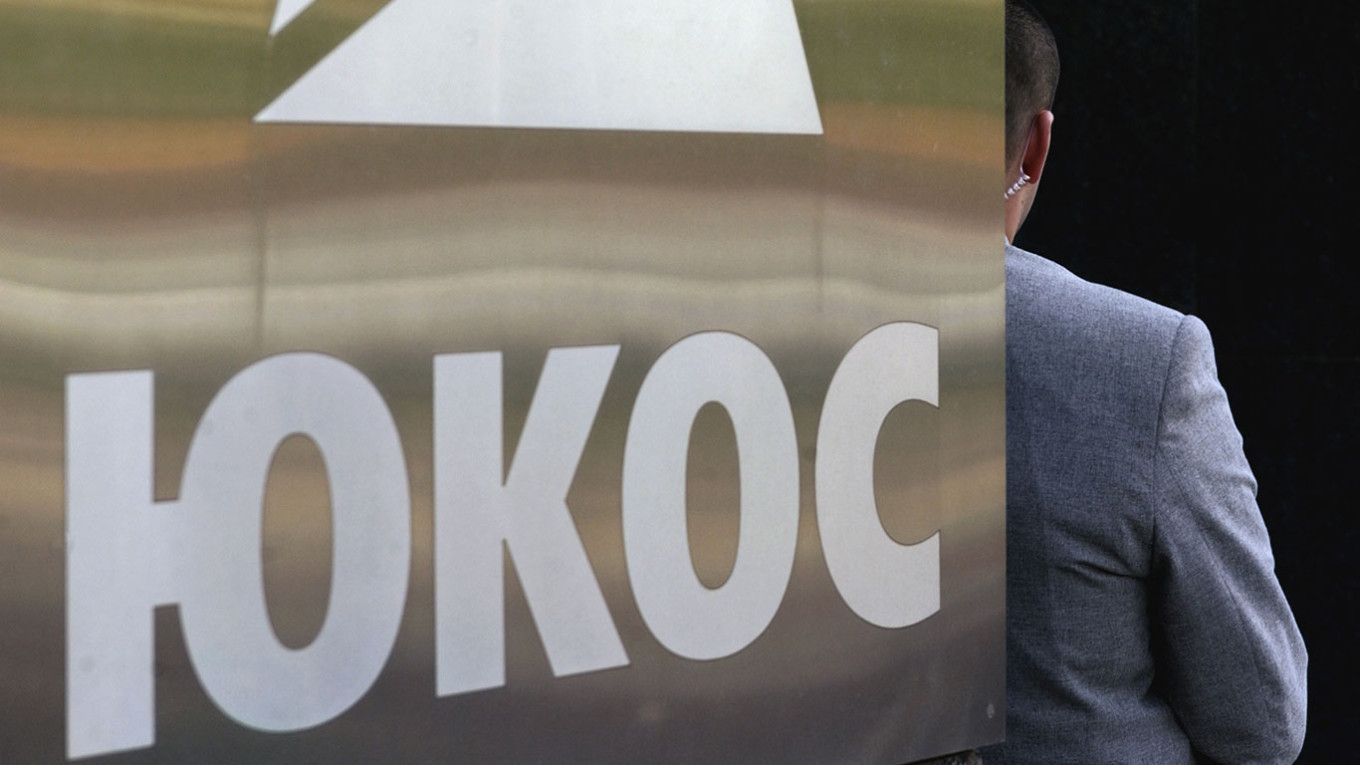A landmark payment of $50 billion from Russia to the former shareholders of the defunct Yukos oil company remains valid following a ruling by the Dutch Supreme Court that dismissed a Russian appeal on Friday, concluding a protracted legal dispute.
This decision brings closure to the prolonged conflict surrounding Yukos, which was dismantled in the early 2000s following the arrest of its billionaire owner and outspoken Kremlin opponent, Mikhail Khodorkovsky.
In its written decision released on Friday, the court stated, “The Supreme Court dismisses the appeal [and] orders the Russian Federation to bear the costs of the appeal proceedings.”
Yukos was once the largest oil company in Russia, created in the wake of the Soviet Union’s dissolution in the 1990s, when entrepreneurs like Khodorkovsky acquired assets at extremely low prices.
Khodorkovsky became an outspoken critic of President Vladimir Putin and was apprehended in 2003.
Following his arrest, the Kremlin imposed a tax liability of approximately $27 billion on Yukos, leading to the company’s liquidation in 2006.
While Khodorkovsky, who spent ten years imprisoned and now lives in exile, is not involved in this case, former majority shareholders of Yukos sought compensation from Russia.
They brought their case to the Permanent Court of Arbitration (PCA) located in The Hague.
In 2014, after nine years of proceedings, the PCA ruled in favor of the shareholders, granting them $50 billion, which is considered the highest arbitration award in the world.
This was followed by multiple appeals and counter-appeals.
In a surprising turn in 2016, a local Dutch court upheld a Russian appeal, determining that the PCA did not have jurisdiction to award compensation to shareholders.
However, the Dutch appeals court subsequently overturned that ruling, reinstating the compensation for the shareholders.
Russia then escalated the case to the Dutch Supreme Court, which remanded it back to the Amsterdam Court of Appeals. There, judges reviewed the case anew and reaffirmed that the $50 billion award should remain intact.
Friday’s ruling represented Moscow’s further appeal to the Supreme Court, effectively signaling that the case should now conclude.
Tim Osborne, a representative from the GML group advocating for the shareholders, characterized the decision as “transformative” and “a landmark victory.”
He added that it “reinforces the essential legal principle that no nation — even a rogue state like Russia — is above the law.”

